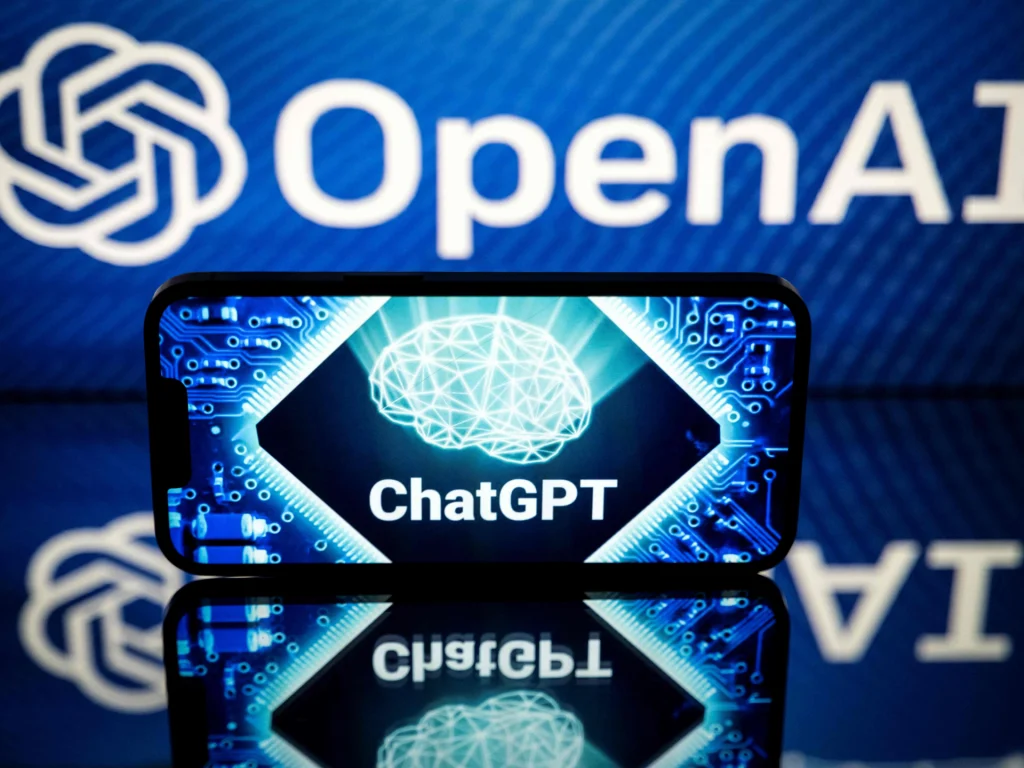ChatGPT has yet again worked astonishingly well for an academic, so much so that it has won his student a scholarship. An academic at the University of Victoria wrote a recommendation letter for the student and helped him get a scholarship to Cambridge.
“A dirty secret of academe is that most professors have a cache of letters separated into different categories,” Matt Huculak, the head of advanced research services at the University of Victoria, told the Atlantic.

Huculak asked ChatGPT to write an “excellent” reference letter — and then used it as a template to write an opposite, “anti-formulaic” letter himself.
“What I wrote,” Huculak told the Atlantic, “ended up feeling like the most ‘human’ and heartfelt letter I’ve written in a long time.”
What we see from this example is yet another way ChatGPT has been used in a field known notoriously for its rigidity. The reason behind its success, in this case, is that ChatGPT was trained on human-written data and has likely read countless recommendation letters.
Therefore, it’s not surprising but it makes us realize how much the AI understands human interaction and knows exactly what to write.
Speaking to the Atlantic, Huculak called this process “[laying] the genre” of recommendation letters “bare.”
Saying all that, doing all this is undoubtedly very unethical and wrong in the way that a teacher has written a recommendation letter using ChatGPT but Huculak says that he only used it as a reference. But we could be seeing the end of formulaic templates once a for all.


